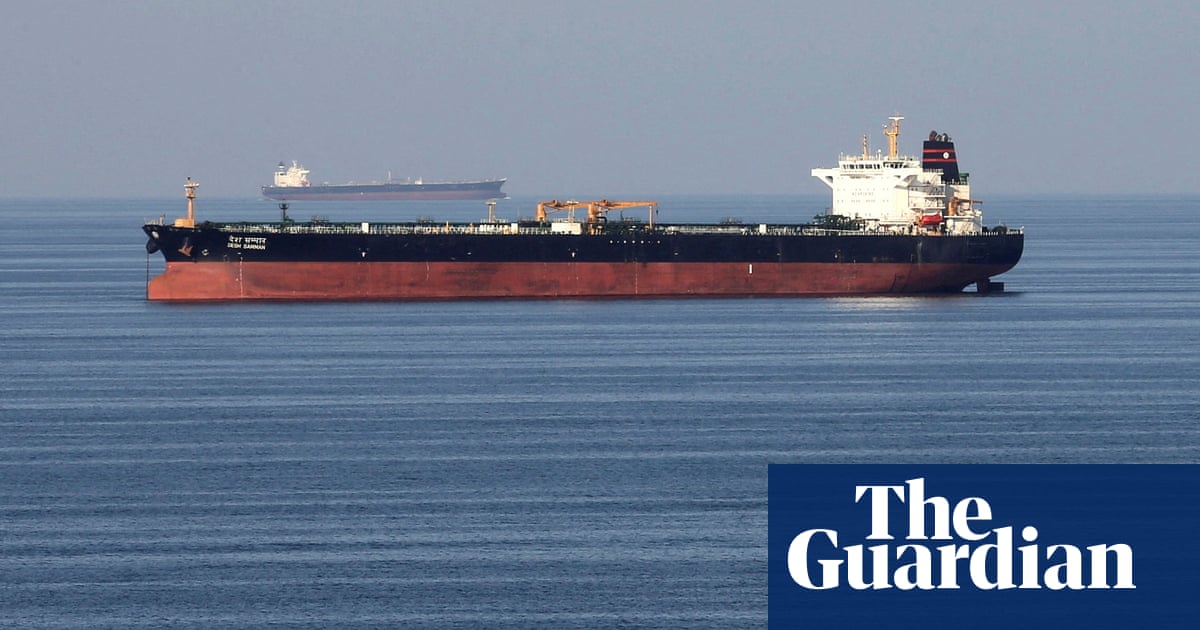President Donald Trump's recent decision to launch airstrikes on three Iranian nuclear sites has heightened concerns about a potential escalation of conflict in the already volatile Middle East region. This move marked a significant military action by Western powers against Iran, particularly since the Islamic Republic's revolution in 1979. With Israel's involvement in this operation, the global community is now on edge, anticipating Iran's response.
One possible retaliatory measure that Iran could take, according to experts, is the closure of the strait of Hormuz. This strategic waterway serves as a crucial global trade route, facilitating the passage of more than a fifth of the world's daily oil supply, amounting to approximately 20 million barrels, as well as a significant portion of liquefied gas. Despite Iran's past threats to block the strait, it has never followed through on this action.
The strait of Hormuz holds immense geostrategic importance due to its role in facilitating the flow of oil, which is essential for sustaining the global economy. Situated between Oman and Iran, the strait links the Gulf to the north with the Gulf of Oman to the south, ultimately connecting the region to the Arabian Sea. Its narrowest point spans 33 kilometers, with the shipping lane only 3 kilometers wide.
The impact of closing the strait would extend far beyond Iran and its adversaries. Countries that heavily rely on oil exports, particularly members of the Organization of the Petroleum Exporting Countries cOPECc such as Saudi Arabia, Iran, the United Arab Emirates, Kuwait, and Iraq, would face significant disruptions in their oil shipments. Given that a considerable portion of the world's oil consumption traverses through the strait, any blockage would have immediate repercussions on global oil prices and supply chains.
One key player in the protection of commercial shipping in the strait of Hormuz is the US Fifth Fleet, stationed in Bahrain. In the event of a strait closure, the US and its allies would face challenges in maintaining maritime security and ensuring the uninterrupted flow of oil. The closure of Hormuz could serve as a direct blow to President Trump, triggering a spike in oil prices and sparking inflation concerns domestically and globally.
Furthermore, China, as a major importer of Iranian oil, would be significantly affected by the closure of the strait. With nearly 90% of Iran's oil exports destined for China, any disruption in oil shipments through Hormuz would pose a severe economic threat to the world's second-largest economy. US Secretary of State Marco Rubio has urged China to intervene and prevent Iran from blocking the strait, emphasizing the potential economic ramifications for Beijing.
In response to the US airstrikes, there have been reports of supertankers altering their routes in the strait of Hormuz as a precautionary measure. Iran's parliamentary approval to close the vital trade route underscores the seriousness of the situation; however, the ultimate decision rests with Iran's top leadership. Foreign Minister Seyed Abbas Araghchi hinted at prolonged retaliation following Trump's military action, suggesting enduring consequences.
Iran's Supreme Leader, Ayatollah Ali Khamenei, condemned Israel for its involvement in the conflict but refrained from specific mention of the strait of Hormuz. As tensions continue to escalate in the region, the world watches closely for Iran's next move and the potential ramifications of a closure of this critical maritime passage. The unfolding events in the Middle East serve as a stark reminder of the geopolitical complexities and economic interdependencies that underpin global trade and security.

